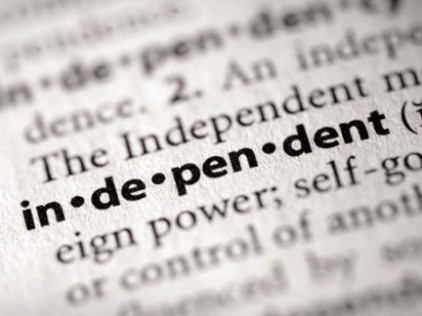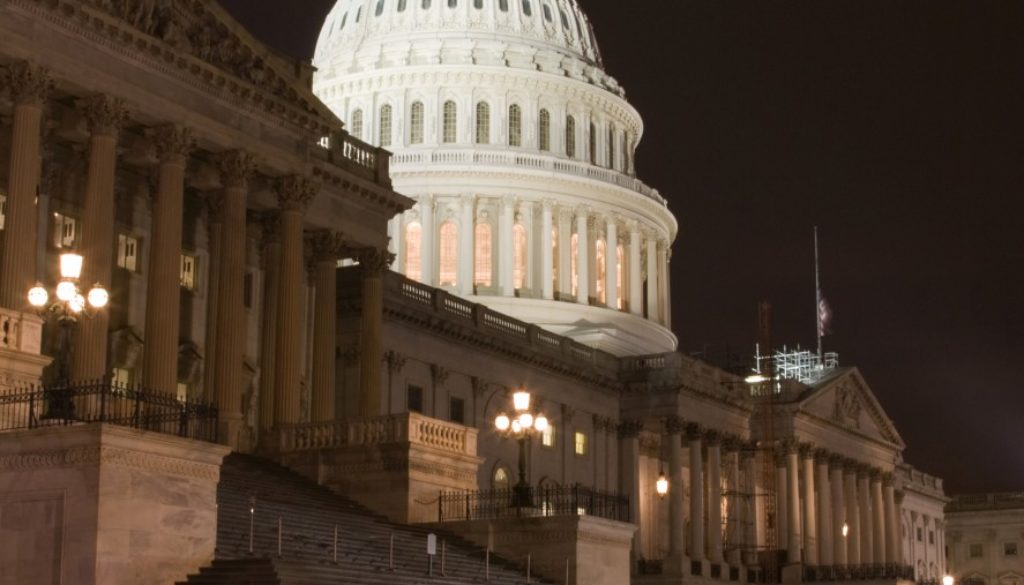One of the Worst Ideas from Congress in Decades
The following blog post is from Better Markets:
The New York Times today has an article with a dramatically understated title: “Lawmakers Push to Increase White House Oversight of Financial Regulators.” It’s a good article, but is mislabeled because the bill discussed would actually result in Congress subjecting ALL independent agencies (not just the financial regulators) to White House oversight and, indeed, control. The article also missed the most important consequence of the bill: a breathtaking, almost inconceivable power give-a-way by Congress to the White House. Here’s why it’s such a dumb idea:
First, if the Legislature passed this bill, it would be one of the biggest transfers of power from the Legislative Branch to the Executive Branch in history. Since at least 1936, independent agencies have been considered primarily instruments of the Legislative not the Executive Branch – that is why they are called “independent” agencies. If this bill became law, that would end almost 80 years of a primary method that Congress has used to implement its policy goals and 22 or more agencies would no long be independent of the Executive Branch; indeed, they would be expressly subject to Executive Branch control. This would be a dramatic and historic change.
Second, the substantive scope of the bill is sweeping and extends to: consumer products from toys to appliances; regulation of nuclear energy, including nuclear power plants; trade, communication and maritime regulation; occupational health and safety; labor relations; housing; mine safety; plus all the financial regulatory agencies; and more. It expressly applies to the CPSC, NRC, FERC, FTC, FHFA, FCC, ICC, NLRB, FTC, NTSB, plus all the financial regulators (including SEC, CFTC, FDIC, OCC, OFR, CFPC, Federal Reserve Board – other than monetary policy), among the many other independent agencies. (See bill’s definition of “Independent Agency” in 44 USC 3502(5), which can be found here.)
Third, the scope of the bill and the Executive Branch reach into the formerly independent agencies is all-encompassing. For example, the definition of “rule” is not limited to rules as commonly understood or as is typically understood in agency rulemaking subject to the APA. In the bill, “rule” is defined to include almost everything an agency does both internally and externally. (The definition is pasted below and available here.) Thus, the Executive Branch will not only be heavily involved in agency rulemakings, but will be deeply involved in almost everything an agency does.
Fourth, the bill specifies 13 specific, very onerous requirements that will consume untold time and resources from agencies that already have too much to do and not enough resources. Maybe most importantly, unlike the statutes passed by Congress governing these agencies, those requirements do not emphasize or prioritize the protection of the public or the public interest. Indeed, it is clear from the 13 requirements that costs to the industries regulated (from toy manufactures, builders of nuclear plants, ship owners and operators, telecommunications, Wall Street banks, etc.) are really the most important factor to be considered and weighted at every stage of regulation.
This is what Wall Street and its allies have been spending unlimited amounts of money and time to require at the financial regulatory agencies for years. Indeed, this is and has been their primary attack on financial reform. They know that if they can force the regulators to do what they innocuously call “cost benefit analysis,” which is really “industry-costs only analysis,” they can kill financial reform. (Better Markets has detailed this particular attack and what it would mean for the American people here.) This bill would extent that attack to all agencies and cripple their activities everywhere. It is the ultimate industry bill to kill, weaken or delay any and all regulations, no matter how important they are to the health, well-being, safety and financial protection of the American people.
So, no question, this would stop financial reform, as all the financial regulatory agencies would grind to a halt trying to do all this burdensome analysis. As bad as that would be — and that would be really bad because it would again deregulate Wall St, which would no doubt quickly return to its reckless high risk activities that caused the financial collapse and economic crisis — it would only be the most visible impact of the bill as all regulatory agencies from consumer products to nuclear power plants would be subjected to lengthy delays and be required to prioritize the industry’s costs over their duties to protect the public. That would be bad news for everyone.
The bill, if it was accurately labeled, would be called the “Unleashing Industry on American Families Act” or the “Legislature Gives Away Massive Power and Authority to Executive Branch for First Time in History” because that will be the effect.

